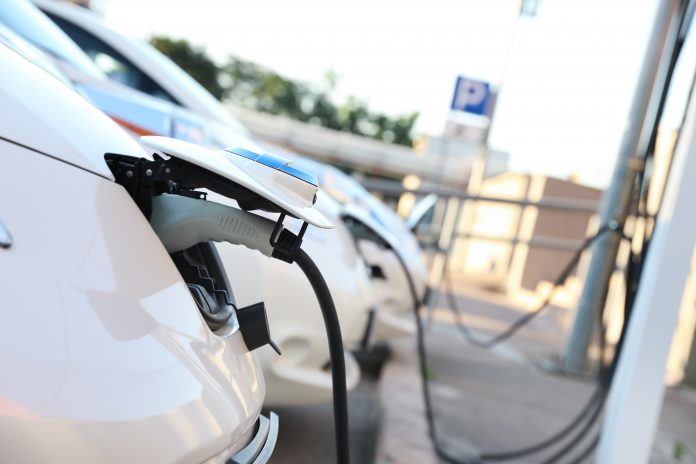A Michigan dealership has adopted a payment system making electric vehicle charging more expensive for local drivers.
Initially, Williams Hyundai of Lansing, Michigan, charged customers $1 per minute to use its EV charging stations in addition to the cost of electricity. The level three units operated by the dealership have an average charge time of 15 to 30 minutes, meaning the fee to power a depleted battery could have been comparable to filling an empty gas tank. When contacted by local news organization WLNS6, vice president Jeff Williams was reportedly unaware of the high price, saying, “I don’t know how it got set up that way…” Since conversing with the media platform, the dealership has lowered the cost to 50 cents per minute, plus electricity.
Most dealers charge by the kilowatt-hour (kWh), the energy needed to keep a one-kilowatt appliance powered for sixty minutes. Pricing varies widely between storefronts, with some offering free EV charging as an incentive to purchase from their business and others working with brands that set their own rates. However, while drivers may be less inclined to forgive added fees, retailers who charge more than average are often looking to cover the expensive costs of station installation and maintenance. Brand storefronts, such as those partnered with Ford, are often forced to acquire multiple units as part of their franchisee agreements and must pay out of pocket without government or corporate assistance. In Williams Hyundai’s case, the dealership reported a set-up cost of $150,000, an expense he claims will take 18 years to earn back.
The need to cover these costs has led many retailers to embrace creative, money-saving strategies. Some have adopted similar minute-based fees, while others have installed solar panels to reduce their energy consumption. Unfortunately, given that the main draw of battery-powered cars is their lack of fuel expenses, dealers have limited options at their disposal. Finding a solution that keeps EV charging accessible without hurting small businesses is a necessity for the nation’s transition to electric transportation.



